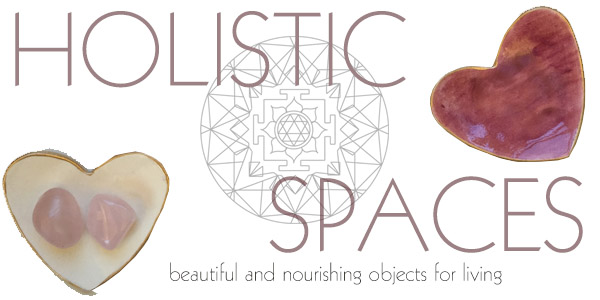My roommate is unbearable. She speaks to me in the most condescending tone and reprimands me about things like I'm a child. I've spoken to her about this, and she doesn't seem to see a problem - therefore isn't changing her behavior in any way.
I'm saving up for a new deposit and hoping for an opportunity soon, but I am maxed out time-wise, and it might be a while. This situation is wreaking havoc on my emotions. I cry most days and feel worthless, and she often increases my anxiety and makes focusing difficult. I have tried to keep most things in my room and have stopped using the shared areas unless I have to. Is there a feng shui adjustment I can use to help deal with this until I am able to move to a better situation?
(P.S. I do see a therapist and am on meds.)
Megan D., New York, NY
Dear Megan,
Thank you for your question, and I’m really sorry to hear about this difficult situation.
You know, when I lived with roommates, I think I was an awful person probably like the one you live with. This was before I became Buddhist and when I was just starting to study feng shui. I was really super unhappy and was very controlling about my space. I think I am probably still a little bit like this with my husband, and it’s something I’m working on.
And you’re totally right; if your roommate doesn’t think anything is wrong then she’s not really going to change. So, what I’m getting at is that she’s probably got a lot of other things going on, and it does sound like you’re handling it as best you can. Your plans to move out are wise!
My feng shui teachers also taught me other healing modalities and information, including the Huna tradition, which comes from Hawaii. There’s a healing and clearing practice Ho opono opono, which is about forgiveness. It may push your buttons, because you would be asking anyone that has possibly wronged you for their forgiveness.
From the Huna philosophy, there is a belief that we are all interconnected and that each individual in the community is responsible for each other person. So for instance if there is a crime, the whole community takes the blame and not just the person who committed the crime. Forgiveness has to happen on all sides. So, one way to work with this difficult person is to practice Ho Opono opono. There are different versions, but a simple one is to just recite this mantra, with your roommate in your heart.
Thank you [roommate].
I’m sorry.
Please forgive me.
This is a healing practice for both of you. You can recite this every morning and night 27 times for 27 days.
While doing this practice, another thing you can do is to take baths with orange peels to help to strengthen your qi during this challenging time. The vibrant life energy of the orange peel with refresh and support you.
Finally, there is also a Buddhist practice called Tonglen, which works with taking in the pain and suffering of others and breathing it in while giving out light and love. If that interests you, Lion's Roar has a great description of the practice here.
If you’d like to learn more about feng shui check out the Mindful Design feng shui cerfication program. Laura Morris and I launched our program in September 2018. Check us out at www.mindfuldesignschool.com
Mindful Design is a new way to learn feng shui. Our a unique training program takes an holistic approach to learning the art of feng shui design. Mindful design is about becoming aware, and attentive, to the energy around you: both inner and outer qi. It is about promoting a better way of living and creating sacred spaces that support, and nourish.








